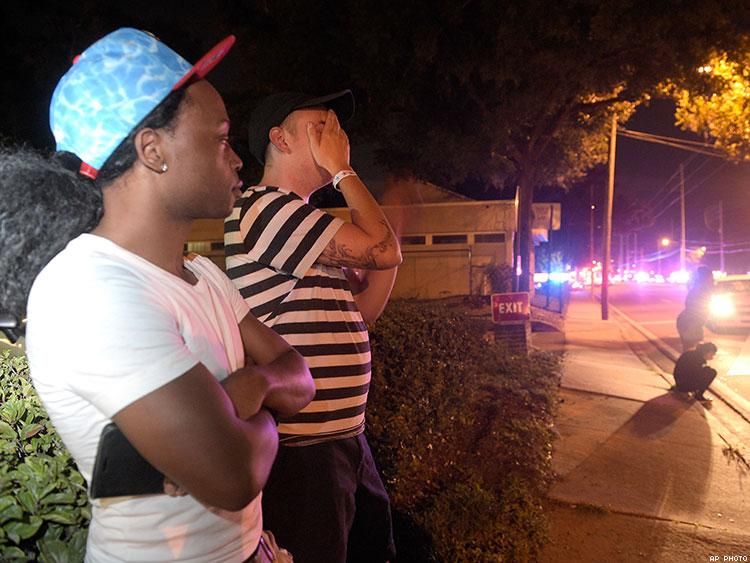Human Rights Campaign Statement on Tragic Shooting at Orlando Nightclub Serving LGBTQ Community

Today, the Human Rights Campaign responded to media reports of a mass shooting at Pulse, a gay nightclub in Orlando, Florida. The club serves the area’s LGBTQ community and law enforcement are reporting the attack as an act of domestic terror that has claimed the lives of 50 people and injured at least 53 others. HRC has lowered its flag to half mast.
HRC President Chad Griffin said, “We are devastated by this tragic act of violence, which has reportedly claimed the lives of at least 50 LGBTQ people and allies and injured more than 50 others. We are grieving for the victims and our hearts are broken for their friends, families, and for the entire community. This tragedy has occurred as our community celebrates pride, and now more than ever we must come together as a nation to affirm that love conquers hate.”
Griffin added, “We are grateful that President Obama has directed the FBI and other federal agencies to support the investigation of this attack and the LGBTQ community during this time.”
While the crime has not yet been labeled a hate crime, more than 20 percent of hate crimes reported nationally in 2014 targeted people based on their sexual orientation or gender identity, according to the most recent FBI statistics available. This reporting dramatically undercounts LGBTQ data, as it’s based on local, non-mandatory reporting. A recent investigation by the Associated Press found that more than 2,700 city police and county sheriff’s departments across the country had not reported a single hate crime to the FBI for the past six years, representing about 17 percent of these law enforcement agencies nationwide. The hard data on murders and crimes against transgender people are especially thin; HRC has attempted to begin tracking these crimes independently from what sources are available.
Hate crimes based on sexual orientation currently account for 22 percent of all hate crimes in Florida, according to a report by Equality Florida, trailing only race as the most common motivation. As a percentage of the state population, LGBTQ Floridians are at the highest risk of being targeted with a hate crime. Florida law provides increased penalties for hate crimes based on sexual orientation.
www.hrc.org/blog/human-rights-campaign-statement-on-tragic-shooting-at-orlando-nightclub-ser?utm_source=rss&utm_medium=rss-feed









